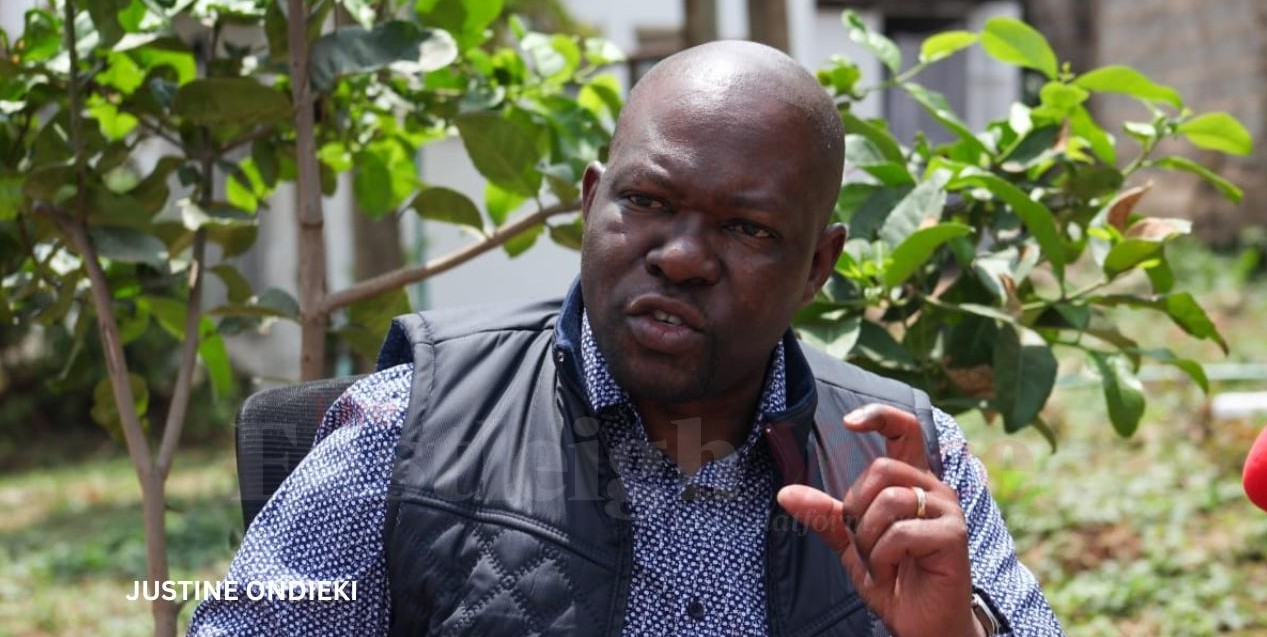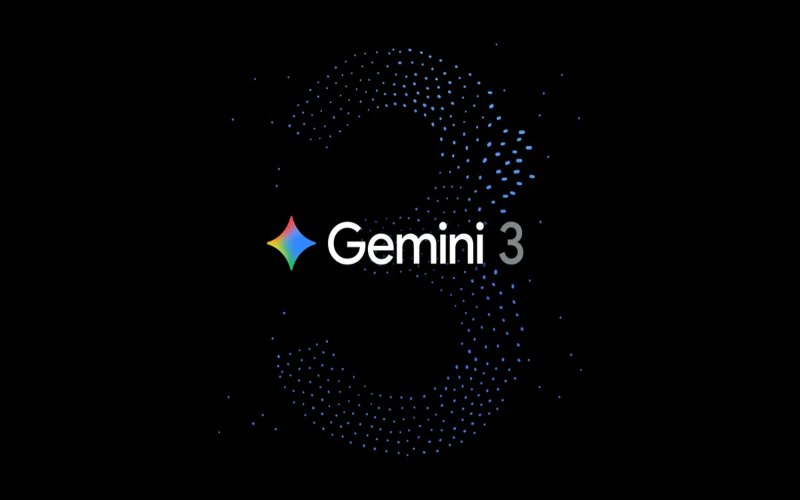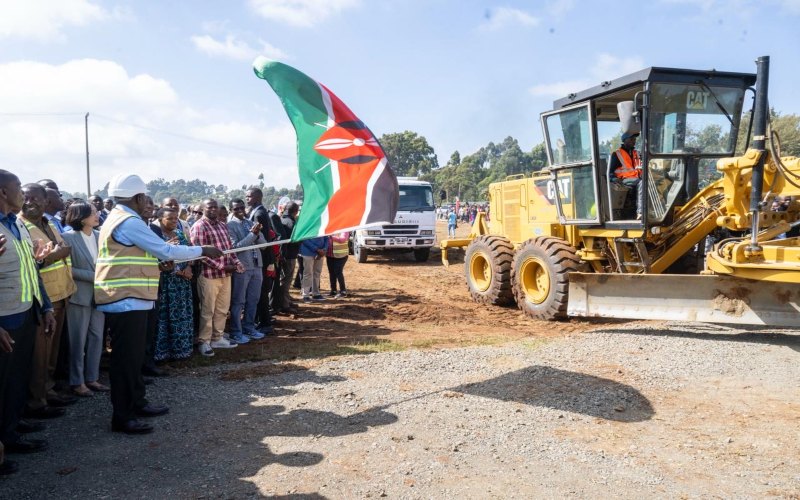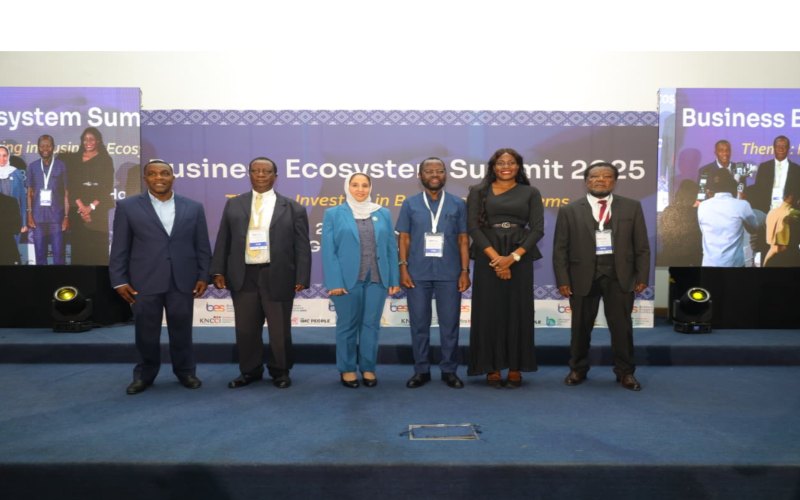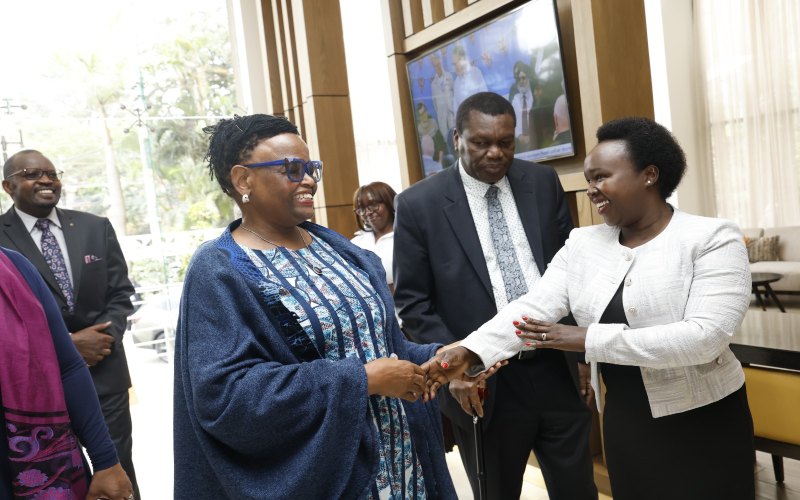Safaricom rolls out Daraja 3.0 in major M-Pesa API redesign

Engineers say the redesign focuses on reducing downtime, boosting processing speeds during peak hours, and creating a more resilient infrastructure to power large-scale digital applications.
Safaricom has officially launched Daraja 3.0, a major redesign of its M-Pesa API platform, marking one of the company’s most significant technology upgrades in recent years.
The new platform is designed to transform how developers build digital services across Kenya’s rapidly expanding fintech ecosystem.
More To Read
- CBK data shows Sh344 billion decline in mobile money transactions, steepest drop in 18 years
- Safaricom announces early-morning Fuliza system upgrade on November 17
- How digital platforms are creating new pathways for youth, with riders taking home up to Sh70,000 monthly
- Kenya eyes wider telecom connectivity in next decade
- Kenyans borrowed Sh629.2 billion in six months through Safaricom’s Fuliza service
- Safaricom’s half-year profits up 52 per cent to Sh42.8 billion as Ethiopia loss narrows
According to Safaricom, Daraja 3.0 introduces a cloud-native architecture capable of handling far higher transaction volumes with greater stability. Engineers say the redesign focuses on reducing downtime, boosting processing speeds during peak hours, and creating a more resilient infrastructure to power large-scale digital applications.
For developers, the shift promises fewer failed transactions, smoother integrations, and the ability to support thousands of payment requests simultaneously, an area that has historically been challenging during high-traffic periods such as end-of-month billing.
One of the standout changes is the move to a fully self-service onboarding system. Previously, developers often faced delays due to manual approvals and lengthy back-and-forth communication.
With Daraja 3.0, Safaricom now offers a streamlined portal where developers can register, test, and deploy integrations with minimal administrative steps.
Tech startups and independent developers have welcomed the change, noting that it gives them greater autonomy and reduces the lead time required to bring products to market.
Daraja 3.0 also introduces support for Mini Apps, enabling businesses to build lightweight applications that operate inside the M-Pesa Super App.
This innovation opens opportunities for industries such as retail, healthcare, transport, ticketing, insurance, and utilities to deliver services directly within M-Pesa’s ecosystem, without requiring users to download additional apps.
Analysts say the move mirrors global “super app” models and positions Safaricom to compete in a future where mobile-first digital ecosystems are increasingly central to everyday life in Africa.
With digital fraud on the rise, Safaricom has reinforced Daraja’s security framework. The upgrade introduces new verification tools, improved authorisation flows, and additional layers of fraud monitoring.
Developers in sectors such as lending, e-commerce, and digital identity are expected to benefit most from these enhancements.
Safaricom’s new platform arrives at a time when mobile payments remain at the core of Kenya’s economy. By modernising Daraja, the company aims to support the next wave of fintech innovation while ensuring M-Pesa continues to serve as the backbone of digital transactions across the region.
Industry observers predict Daraja 3.0 will spark a surge in new apps and services, particularly from smaller developers who previously struggled with integration hurdles. Many believe the platform could accelerate financial inclusion, especially in rural areas where mobile money is the primary gateway to app-based services.
For developers, the upgrade unlocks new possibilities for building scalable, secure, and integrated digital solutions. For consumers, it promises faster transactions, improved reliability, and a richer selection of app-based services within M-Pesa.
Top Stories Today


